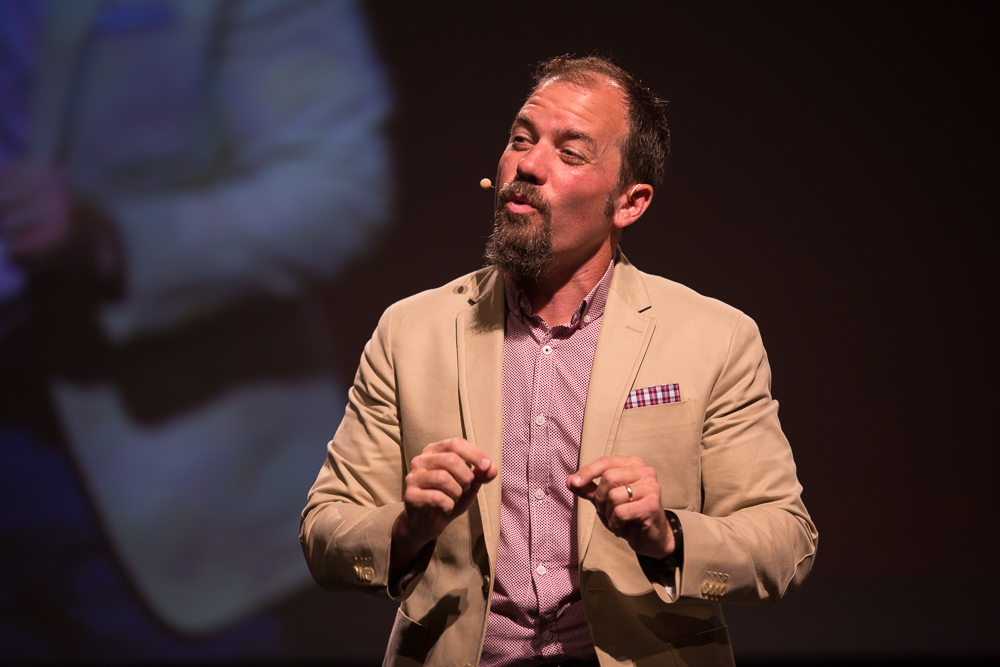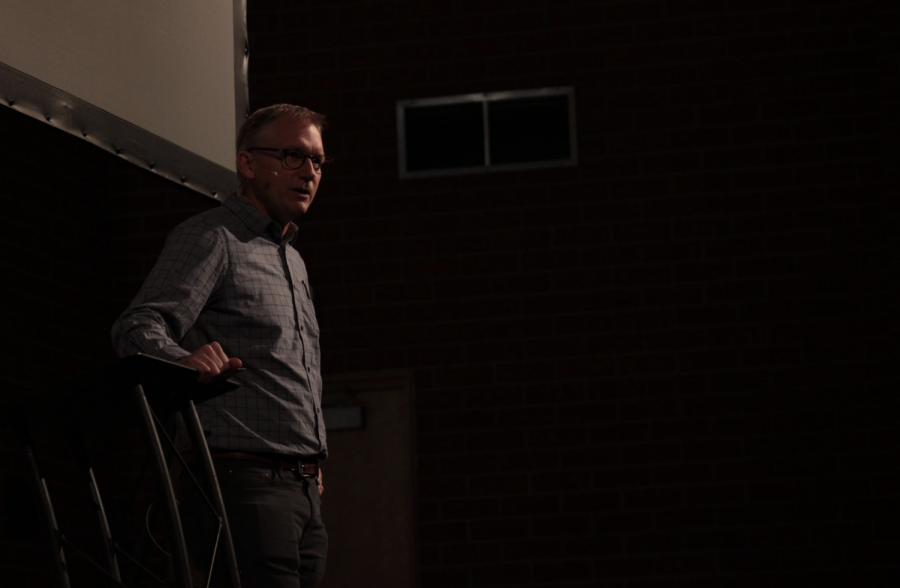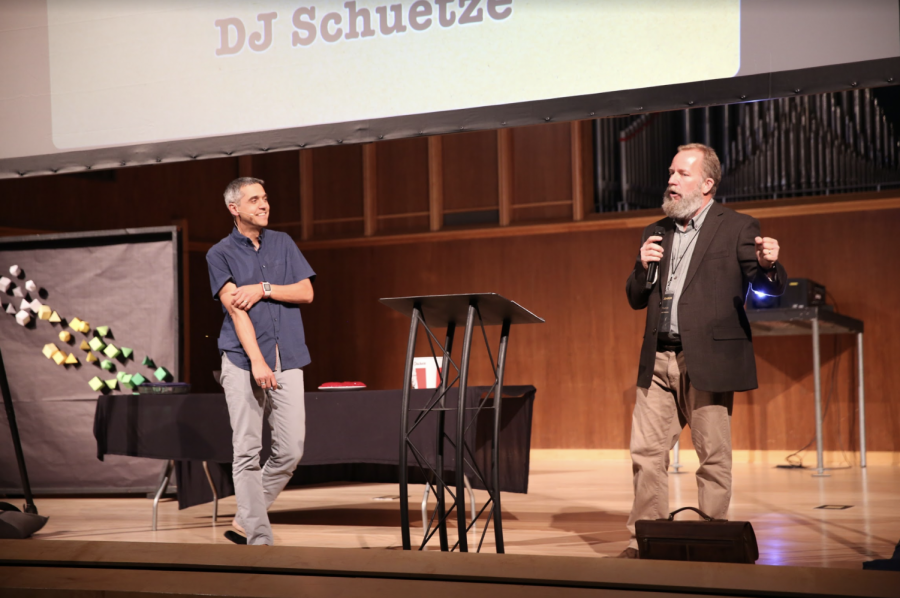
At this time, the Torrey-goer might be wondering about the implications of what they have been learning in the secular age they live in. In his third and final session, James K.A. Smith sought to bridge the gap between the spiritual and the secular.
He began by posing the question: Is it a possibility for a society that is more secular to actually be more spiritual? Smith argued minds like Richard Dawkins, who are trapped in their atheistic regime, are infact operating off of an “anti-religious religion” and do not understand the secular society we live in.
“Secularity is not synonymous with unbelief," Smith said.
Rather, it means contesting and contemplating beliefs and is the gateway for an explosion of ideas, the idea of God being one of them.
Smith used a series of case studies to point out the habitual longing and desire for the spiritual in our secular age. Song lyrics, documentaries, and writings are all noteworthy examples of a culture that has misunderstood true freedom, and is gaining the courage to look around and notice they may have it all wrong.
Instead of dwelling on their unbelief and viewing it as a threat to spirituality, the Christian should notice these things and see them as an opportunity, just as Paul in Acts 17 saw opportunity in the Athenian’s “unknown God.” When observing culture well, we can be hopeful about the cracks in the “secular system,” realizing that in these cracks, light can seep through.
However, Smith also pointed out that the Christian must know the current questions of culture in order to be effective. An accomplishment of the secular age is that society has been able to give meaning and significance to life without having to appeal to God or religion, a possible explanation to the social justice phenomena common among millennials. This means oftentimes, the Christian is ineffective when offering “the meaning of life” as the catalyst to the Gospel, because culture no longer asks for meaning or significance, having already found a lookalike version in earthly realities.
Nevertheless, Smith reminded his audience to be hopeful despite the appearance of a doubting society, because after all, when doubters doubt, they are tempted to believe. In proactivity, Smith urged the Church to re-embrace a belief that is robust, incarnate and formative, so the onlooker can see the spirituality they are seeking deep-down. Smith ended with a poem to demonstrate the presence of doubt, and the even more constant and unsilenceable nature of God.










